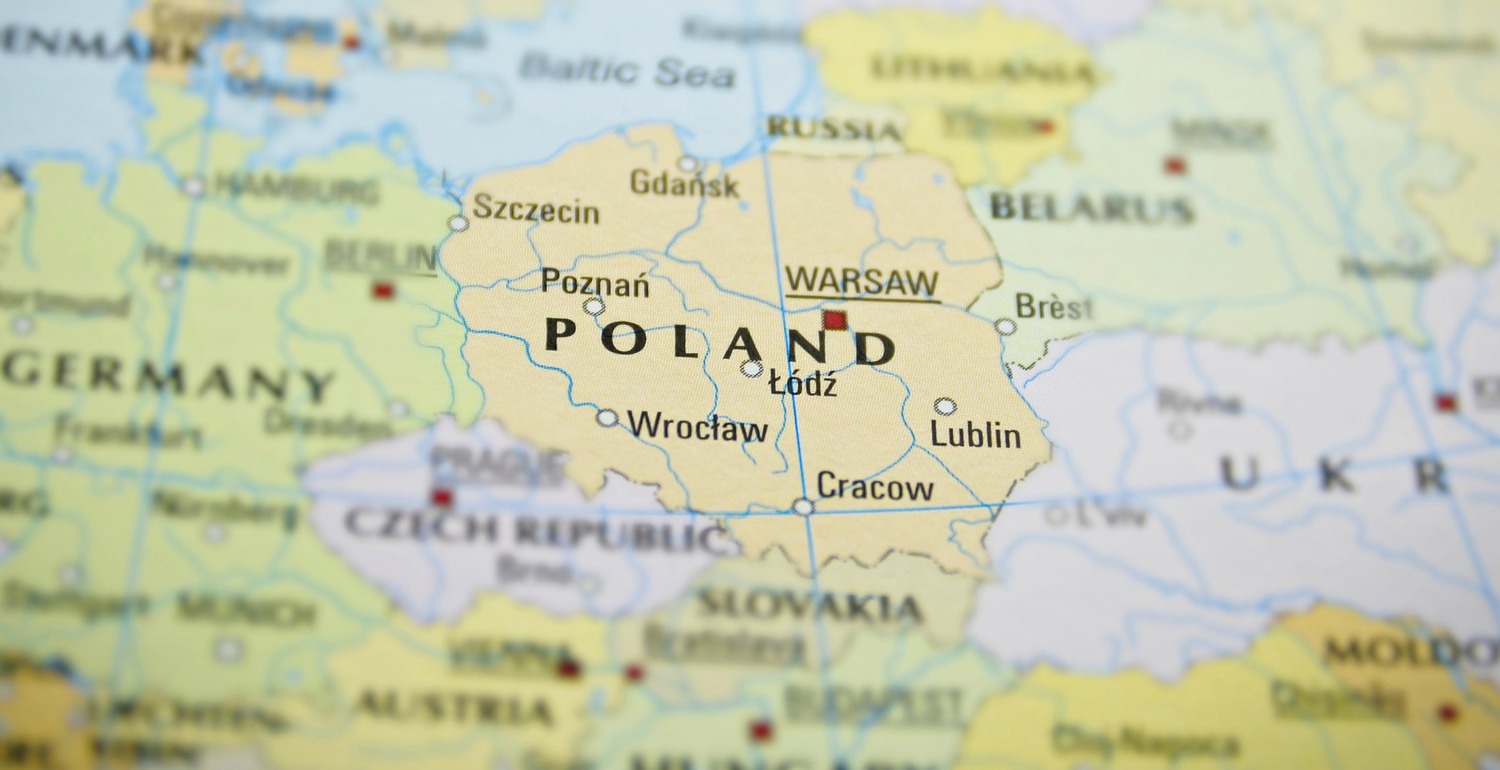This hearing, presided over by the Hon. Steny Hoyer, was necessitated by strikes having erupted throughout Poland in the largest wave of worker unrest since 1981. These strikes happened shortly after Hoyer visited the country in April of 1988. In September of that year, after another series of strikes, the Polish leadership and opposition both agreed to hold round table discussions on the long-standing problems facing Poland. At the time of the hearing, Poland had been presented with a new and viable opportunity to reconciliation between the leadership and the opposition.
The hearing examined the obstacles that barred the path to normalization in Poland, the conditions that needed to be established to ensure the success of necessary reforms, and the oppositions the Polish government and the opposition faced as Poland entered the phase of development in question.







